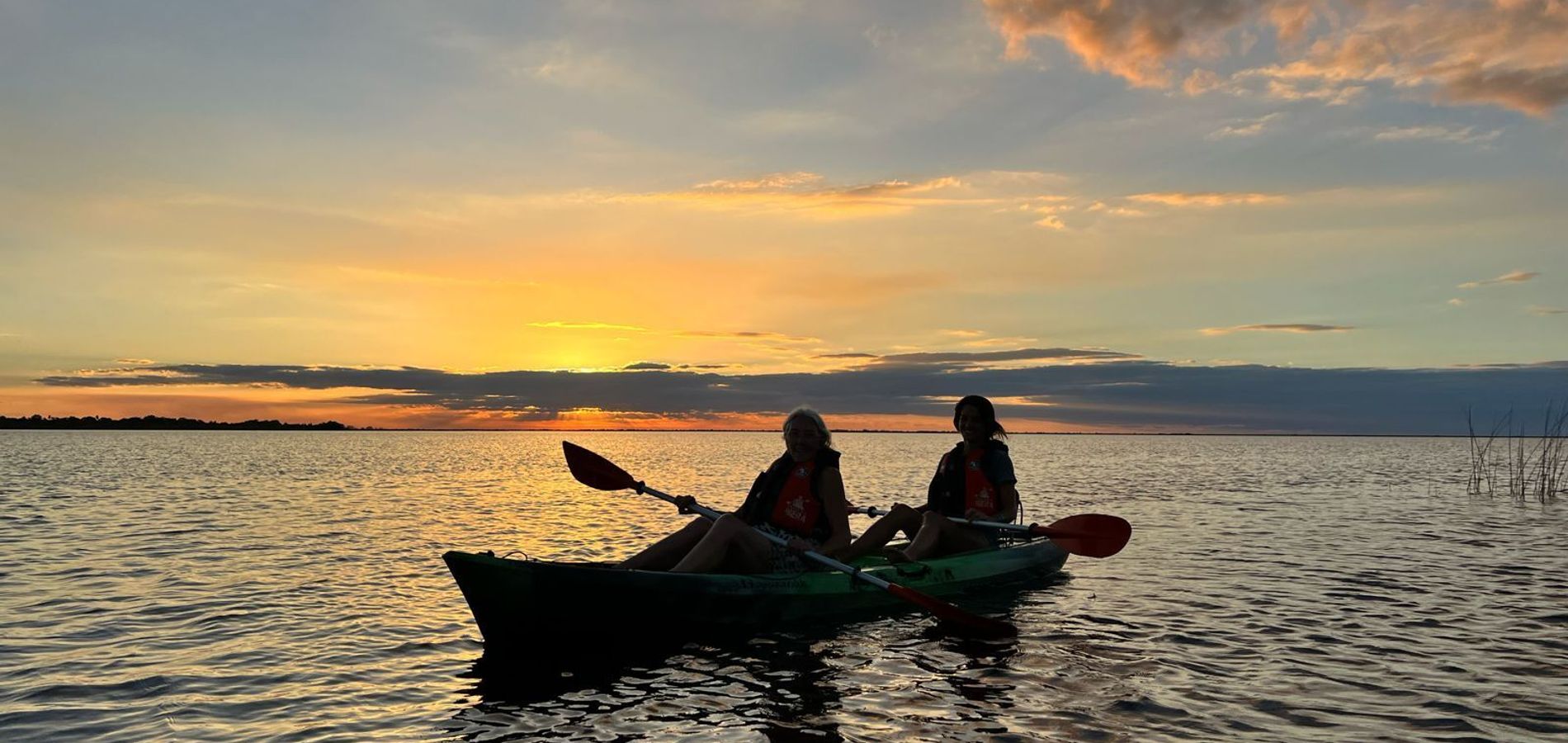Moneda -
ARS $
USD $
Elija la moneda de su preferencia
ARS $
Pesos Argentinos
USD $
Dolares Americanos
Idioma -

Elija el idioma de su preferencia
¡Inicia sesión para conseguir descuentos y ofertas!
Las mejores promociones y mejoras te esperan











